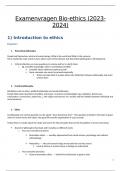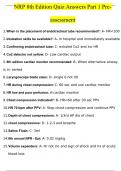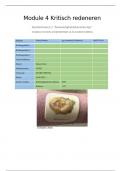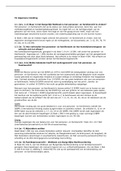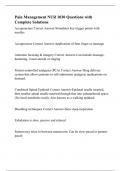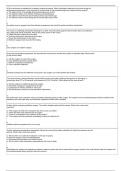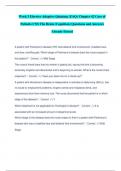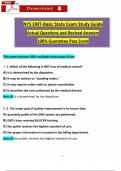Samenvatting
Samenvatting & uitwerking van alle mogelijke examenvragen voor het volledige vak Bio-ethics (18/20)
- Instelling
- Universiteit Antwerpen (UA)
Samenvatting & uitwerking van alle mogelijke examenvragen voor het volledige vak Bio-ethics (18/20): Dit is een compacte samenvatting van het vak 'Bio-ethics', 1e Master Biomedische Wetenschappen aan de UA (schooljaar 2022/2023). Met volledig uitgewerkte antwoorden voor alle mogelijke vragen & term...
[Meer zien]
